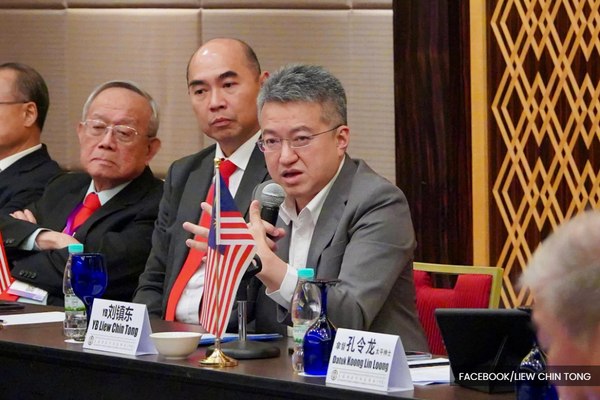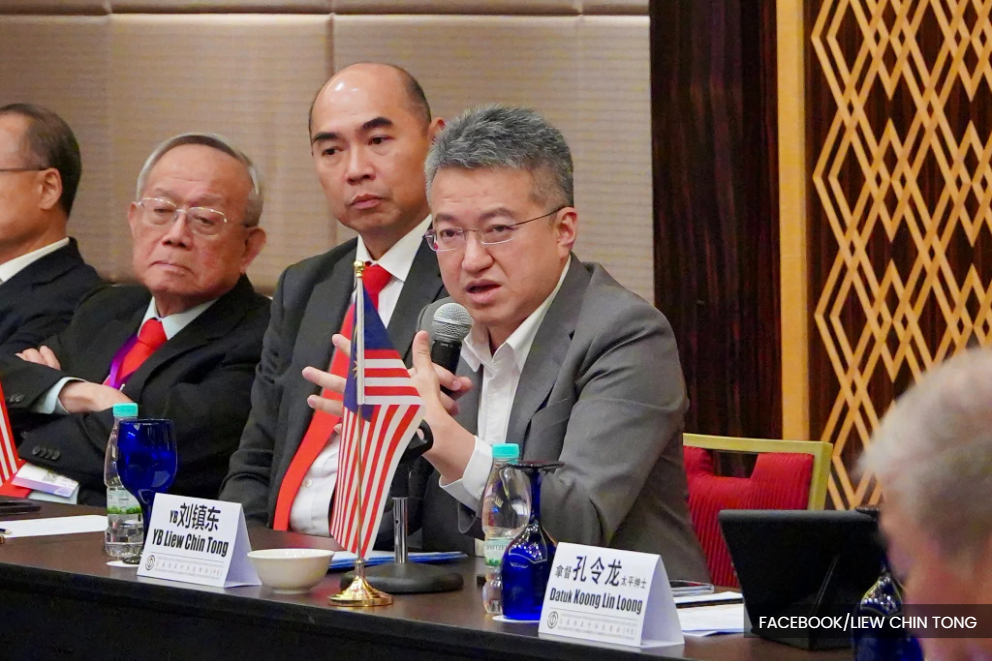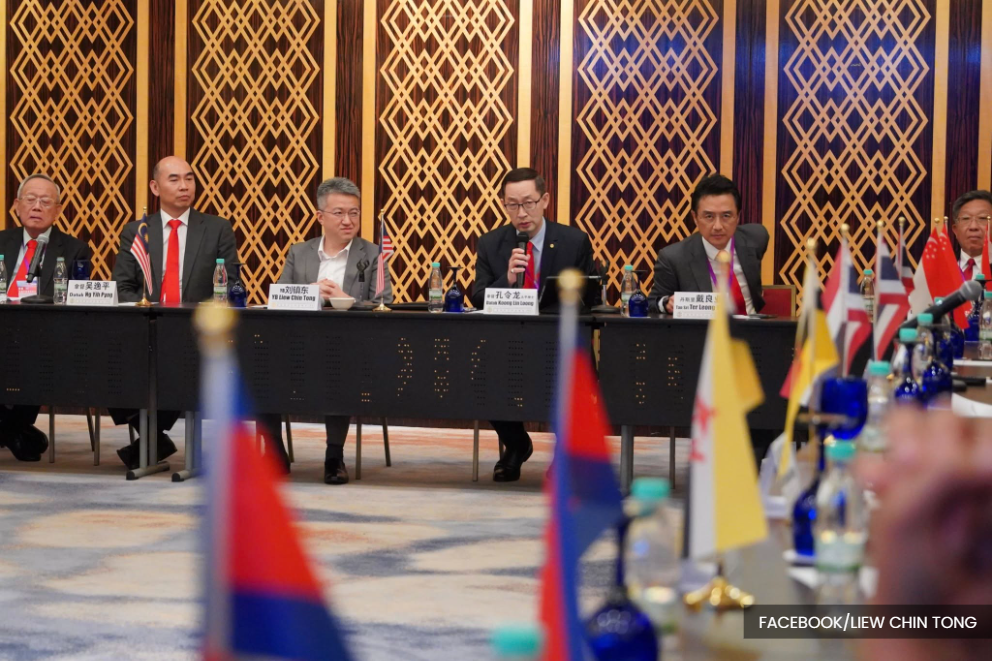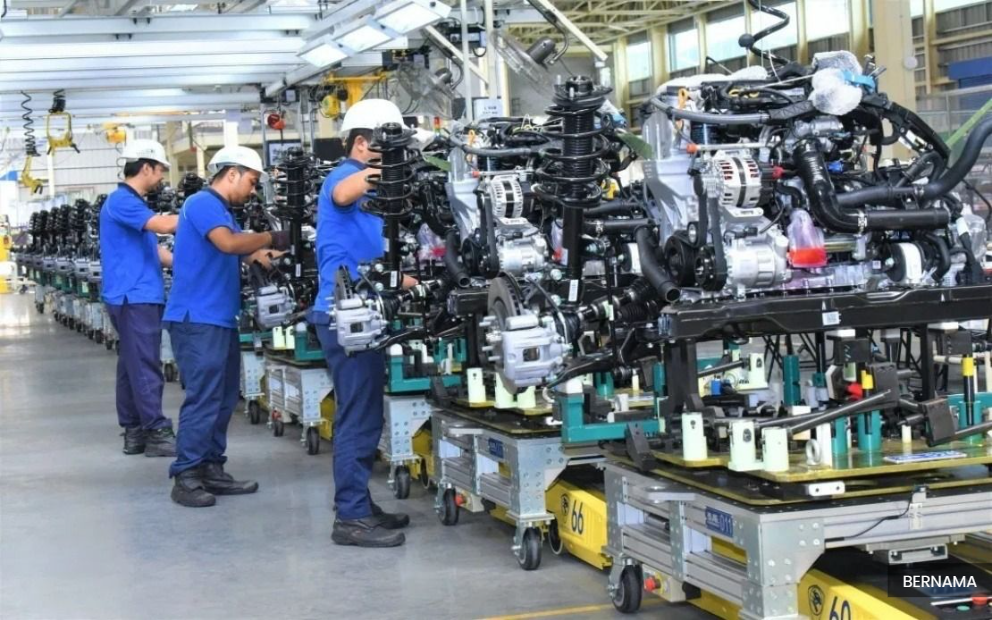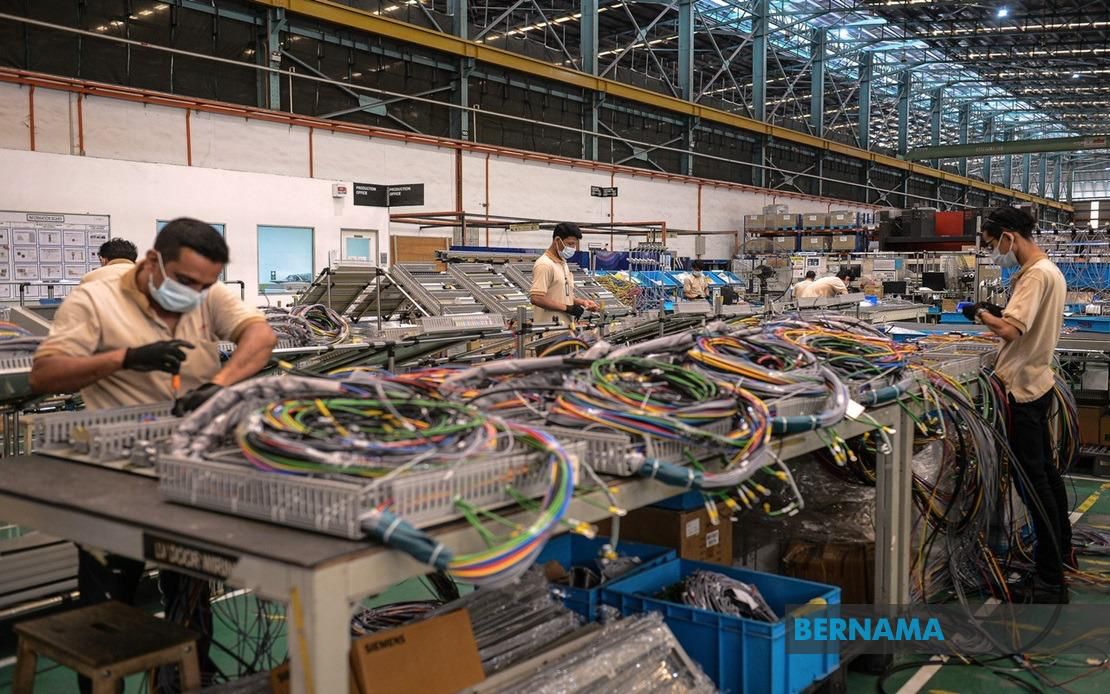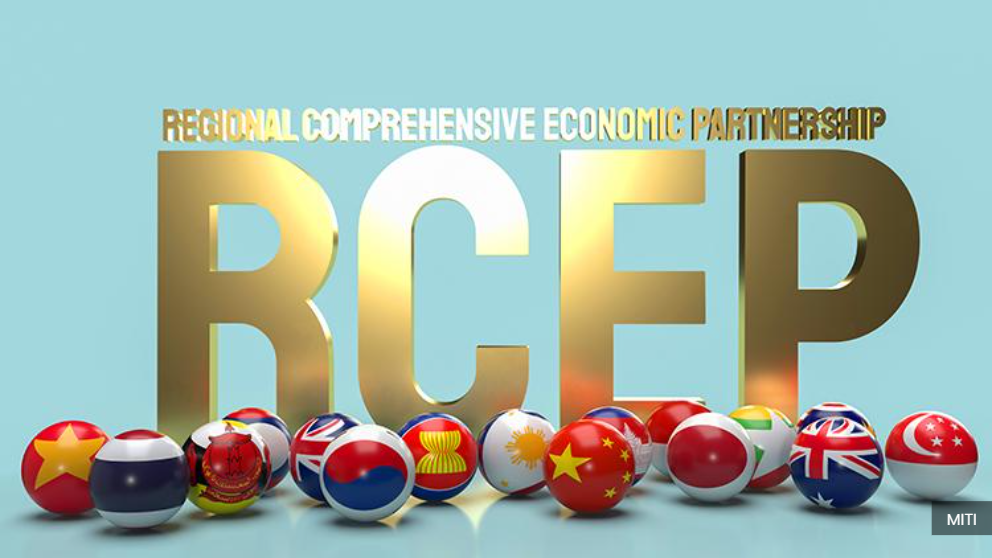By Yasmin Ramlan
SHAH ALAM, Oct 13 — Malaysia is widening its export markets beyond traditional Western partners, focusing on deeper trade and technology cooperation with BRICS and developing countries, said Investment, Trade and Industry Deputy Minister Liew Chin Tong.
He said the government is pursuing upcoming Memorandums of Cooperation (MOC) on semiconductors with Brazil and India, in line with Malaysia’s strategy to build resilient supply chains and reduce dependency on limited export destinations.
“We may have to accept the reality that our heavy reliance on the United States (US) as an export destination may one day come to an end.
“The US is now less willing to follow or take into account the perspectives of our country and other Asian nations.
“Therefore, we need new markets and new partners,” he said at the Parliament today.
Liew said the move aligns with Prime Minister Datuk Seri Anwar Ibrahim’s policy to deepen Malaysia’s engagement with BRICS nations, namely Brazil, Russia, India, China, and South Africa, as well as other emerging economies in Asia and Africa.
“Under the prime minister’s leadership, Malaysia is enhancing relations with BRICS countries.
“In November, the prime minister will make an official visit to the African continent,” he said.
Liew said Malaysia is also exploring cooperation opportunities with Bangladesh and Pakistan.
He said Malaysia’s cooperation with these nations will go beyond trade to include technology transfer and joint industrial development, especially in high-value sectors like semiconductors.
Earlier, he said Malaysia’s broader trade strategy aims to ensure economic resilience amid shifting global trade dynamics.
This includes strengthening supply chain localisation, enhancing digitalisation, and leveraging regional trade frameworks such as the Regional Comprehensive Economic Partnership (RCEP) and Comprehensive and Progressive Agreement for Trans-Pacific Partnership (CPTPP).
He emphasised that through RCEP, Malaysia hopes to attract high-quality investments that connect the Asean production ecosystem to global markets, particularly in the electrical and electronics (E&E), automotive, halal, and digital economy sectors.
“The spirit now is not to compete with our neighbours but to build an interconnected supply chain across Asia,” he said, referring to Malaysia’s role in the emerging Asean semiconductor supply chain framework.
